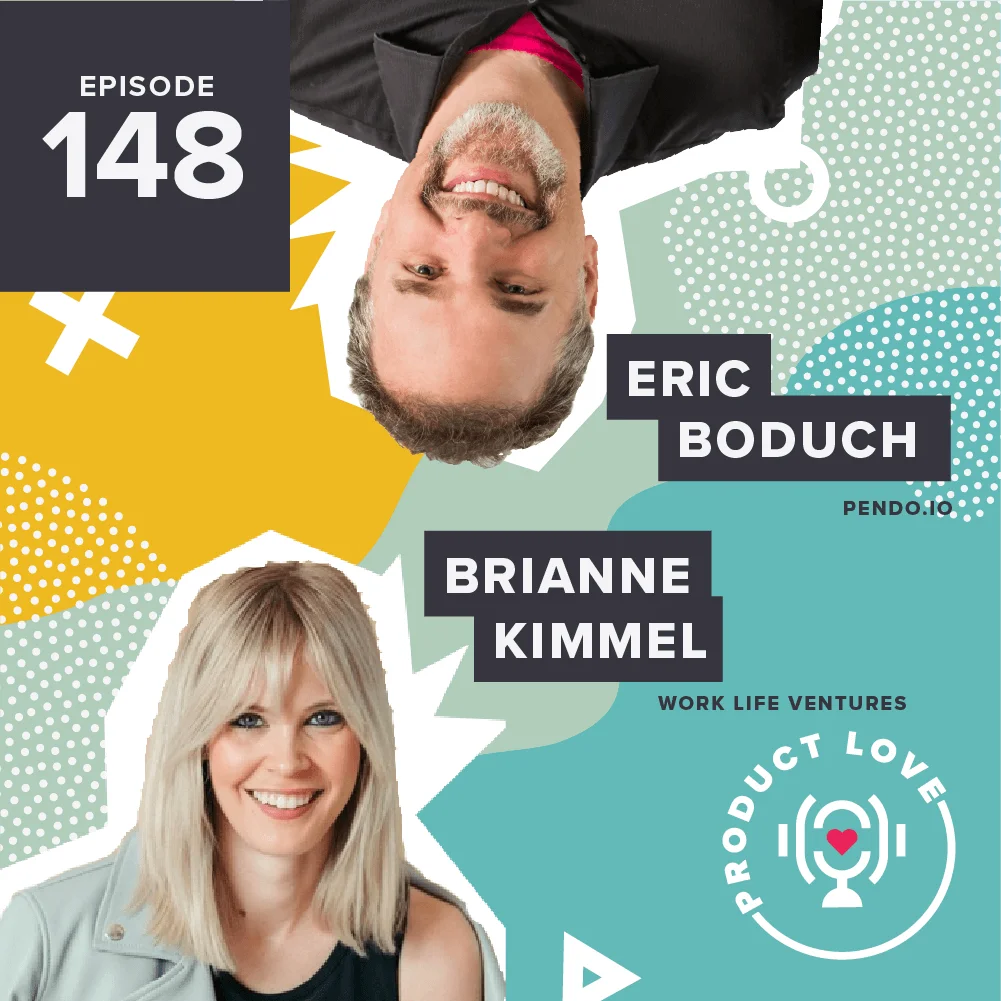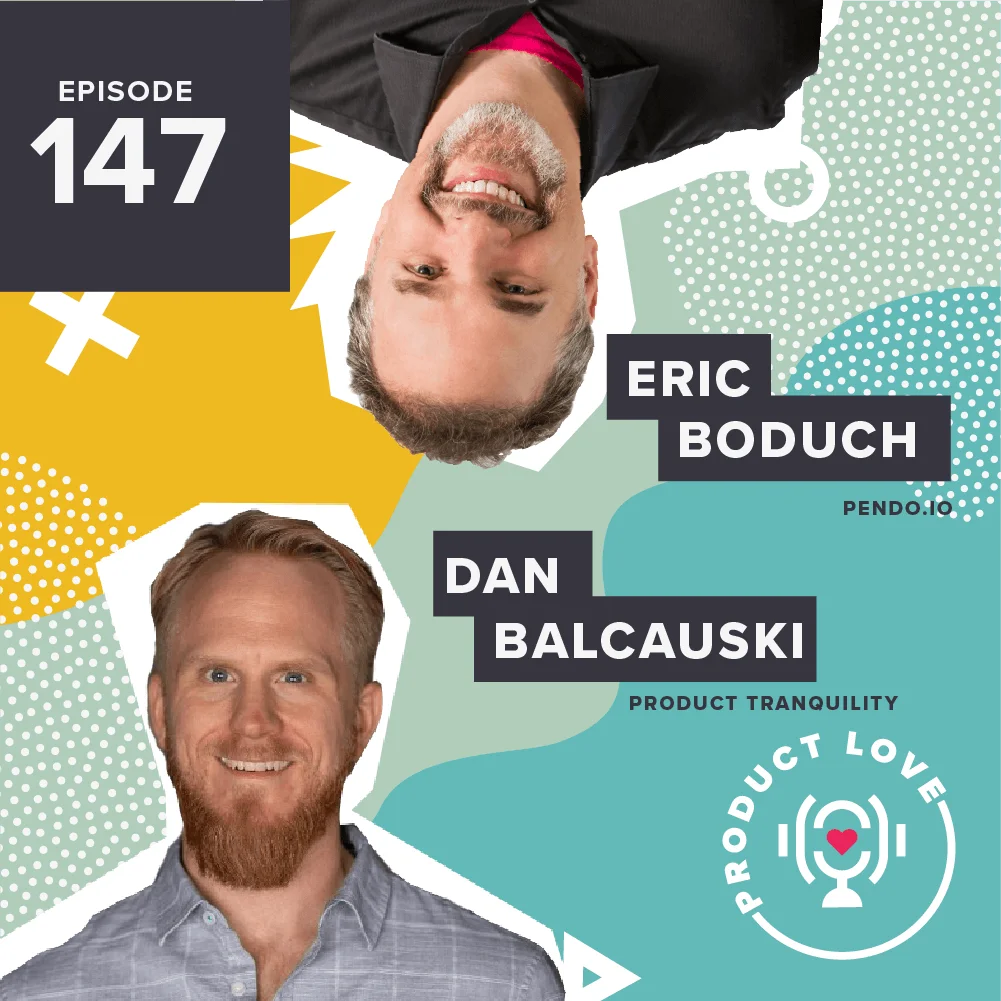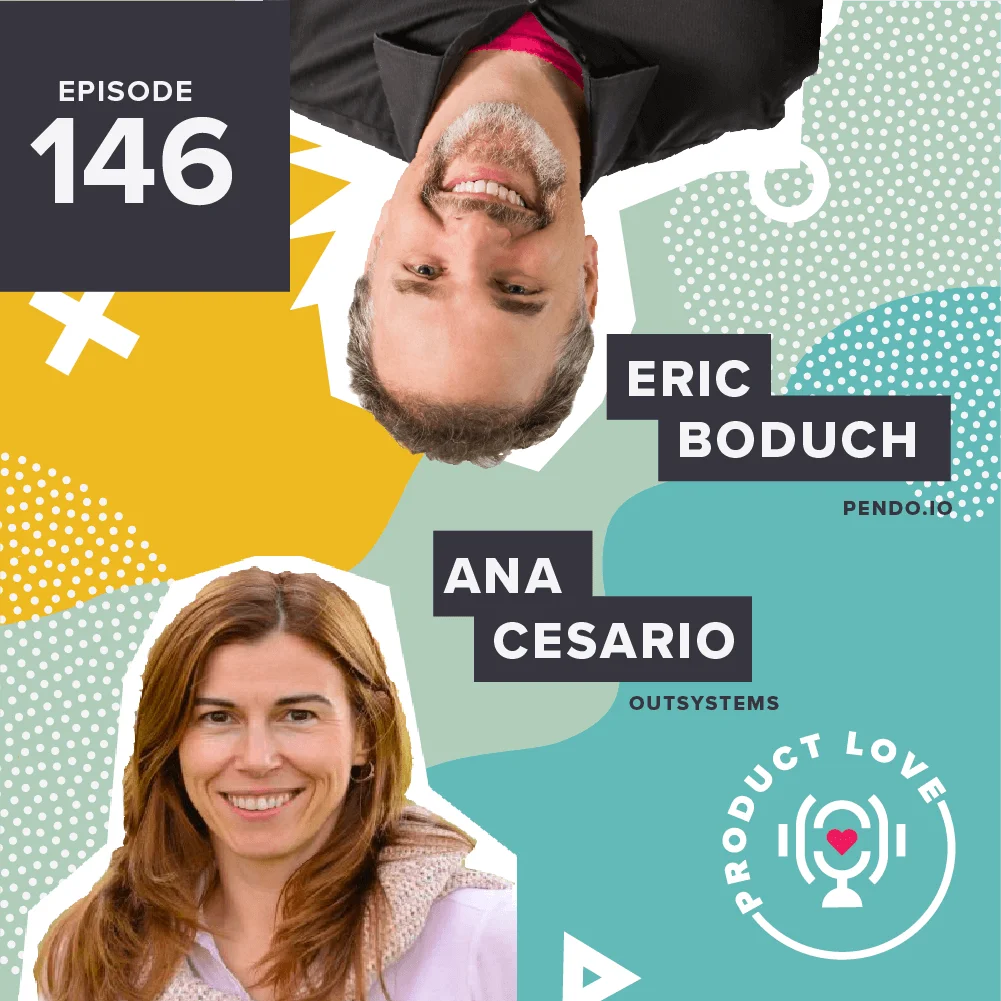This week on Product Love, I talked to Glen Holmes, a senior product manager at Workday. Workday offers enterprise-level software solutions for financial management, human resources, and business planning. We met at Industry: Dublin last spring, and I’m happy to have a friend on the podcast to discuss everything product management.
Previously, Glen worked in a myriad of industries, including sales methodology software, CRM, insurance underwriting, and financial services. He was working in different areas of product management before he knew that was what it was called.
Outside of his day job, he lectures about emerging technologies, business analysis, and PM at the National College of Ireland.
In this week’s episode, we talk about the biases that hinder our decision-making skills and affect how we assess value.
Assessing Value
Think about all the items you’ve purchased in the past month? How many were exclusive? How many were advertised to be on sale? Did these factors motivate your purchases?
When we see items that are advertised as exclusive, our decision-making process suddenly changes. When we think of things as scarce, we make different decisions. Think about it. When we find out a product we like is on sale or is being discontinued, we’re even more motivated to purchase it. People are prone to that kind of cognitive bias and irrationality.
Glen says it’s important to study how people make decisions in order to grasp how customers react when given certain opportunities. Product managers need to alleviate or negate those biases.
But product managers often fall victim to their own biases when they perceive easy wins as valuable. We might consider small additions “easy wins,” but are they really? Did they reflect the product’s goals? Did they align with the vision? Were they worth spending 2-3 days on?
Glen references the concept of utilitarianism a lot. It makes sense for product management, right? Do the greatest work for the greatest number of people. Don’t make features because they’re easy or to please just a few of your customers. Instead, stand behind your product values and vision.
Feature Factories
How often does product management morph into a “feature factory?” Maybe a little too often. We might end up accepting requests for irrelevant features simply because we like to say yes and want “easy wins.” However, product management is not just about shipping features, but instead about curating thoughtful solutions to customer problems.
Glen poses an interesting question: “How much time do we spend taking stuff out of our products?” Which got me to thinking … very rarely do we see sprints focused on removing features. As a result, we don’t dedicate time to defeating feature bloat, or assessing which features are being utilized to their potential.
It’s obvious that building lots of features isn’t a measure of success. If you’re not engaging with the market or diving deep into customer feedback, you’re just building features without validating what’s actually valuable.
Features only become a measurement of success if they’re tied into an achievable goal or solvable problem. Write your vision document, know what you’re building and what you’re not, and identify whom your product will help.
Listen to the rest of Glen’s episode for more on the psychology of decision-making.




